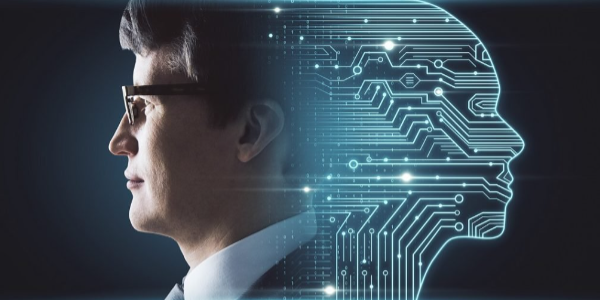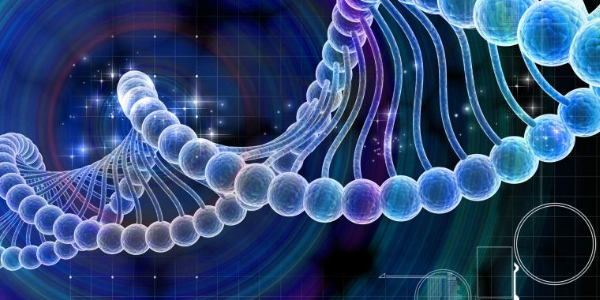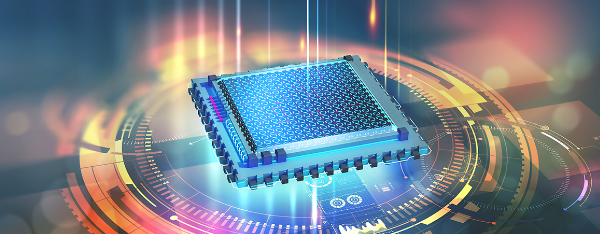Open Access to Technology for All People…
Advances in technology are breathtaking. Even more exhilarating is the pace of technological change. It is reasonable to assume that new frontiers will be crossed sooner, rather than later. It is this reality that creates both challenges and opportunities. If we can send a man to the moon, then why can’t we help a farmer in Africa deliver his produce to the market? If we can store all the written information on a small chip, why can’t we deliver education content to all?
Human development and humanity are not mutually exclusive. Nature itself has immaculate balance. With our finite knowledge we are only just beginning to understand the beauty of that balance.
That balance is maintained not only by how we interact with other humans, but with all of nature as well. The World Harmony Pledge gives us a universal set of values to lead our lives. Technology can help us build a peaceful and harmonious world if we develop and use technology by a set of values as well. Commercial and corporate interest must never be put ahead of human interest. Technologies that take away human life must be avoided.
Entrepreneurs are essential for innovation and they must be given an environment where they can innovate. However, they have a responsibility to innovate to uplift all of humanity with equity and, where necessary, they must collaborate with their competitors for common good.
The technologies below are going to change the world for the better .Each of these technologies and their benefits to humanity are described in simple terms. World Harmony also lists efforts by companies behind these technologies for global good.

ARTIFICIAL INTELLIGENCE
Artificial intelligence (AI) refers to the simulation of human intelligence in machines that are programmed to think like humans and mimic their actions.AI can be seen in facial recognition systems, digital assistants, navigation systems, chatbots, new drug developments, wireless systems, financial networks etc. .Used properly, intelligent machines can improve outcomes for products and services. When abused, AI outcomes lead to fraud, illegal surveillance, election tampering and social media disinformation. Data analytics can facilitate development by eliminating fraud and facilitating the dissemination of funds in equitable ways. AI systems do depend on algorithms. However their ultimate evolution will depend on sensors, speed of computing, security and the willingness of people to trade off privacy for convenience.

5G WIRELESS
5G wireless technologies allow people to connect at speeds 1000 times faster than 4G. These technologies open up a new world of the Internet of things (IoT). This will allow billions of machines to be connected. Broadband access is now a fundamental human right and such access will deliver education, health care, banking, commercial transactions, public safety and social connectivity.

GENOMICS
Genomics is the study of human genes and chromosomes. The human genome typically consists of 23 pairs of chromosomes and 24,000 genes. In medicine, genome and DNA sequencing — determining the exact structure of a DNA molecule — are done to learn more about a patient’s molecular biology. Genomics is helping us choose the right medication at the right dose for each patient. Genomics is ending diagnostic odysseys for patients with rare diseases. Genomics is empowering farmers to improve the food supply. Genomics helps us understand evolution and protect our biological ecosystems. Many issues remain about Genomics. Are the benefits equitable? Is there a Genomics Divide? These issues are more relevant when applied to Infectious diseases like COVID19.

SEMICONDUCTORS
Semiconductors are the brains behind all of modern electronics, enabling advances in medical devices and health care, communications, computing, defense, transportation, clean energy, and technologies of the future such as artificial intelligence, quantum computing, and advanced wireless networks. This is a $600billion market and without it we would be truly living in the stone ages. Semiconductors are characterized by process size with process sizes under 10 nm in production. Smaller sizes mean more speed and less power consumption. Systems on Chip (SOC) are the most advanced form of semiconductor based integrated circuits available today. Semiconductor foundries need to ensure that manufacturers dedicate a certain portion of their products for equitable distribution to the developing world.

NANO TECHNOLOGY
Nanotechnology, also shortened to nanotech, is the use of matter on an atomic, molecular, and supramolecular scale for industrial purposes. A more generalized description of nanotechnology was subsequently established which defined nanotechnology as the manipulation of matter with at least one dimension sized from 1 to 100 nanometers. Numerous prospective benefits for health and the environment are offered by nanotechnology, with engineered nanomaterials being developed for renewable energy capture and battery storage, water purification, food packaging, environmental sensors and remediation, as well as greener engineering and manufacturing

QUANTUM COMPUTING
Quantum computing is the exploitation of collective properties of quantum states, such as superposition and entanglement, to perform computation. The devices that perform quantum computations are known as quantum computers. There is now an informed consensus that the impact of quantum computers across a whole swathe of humanity’s lived experience will be akin to an industrial revolution at an even larger scale than anything we have previously experienced.


